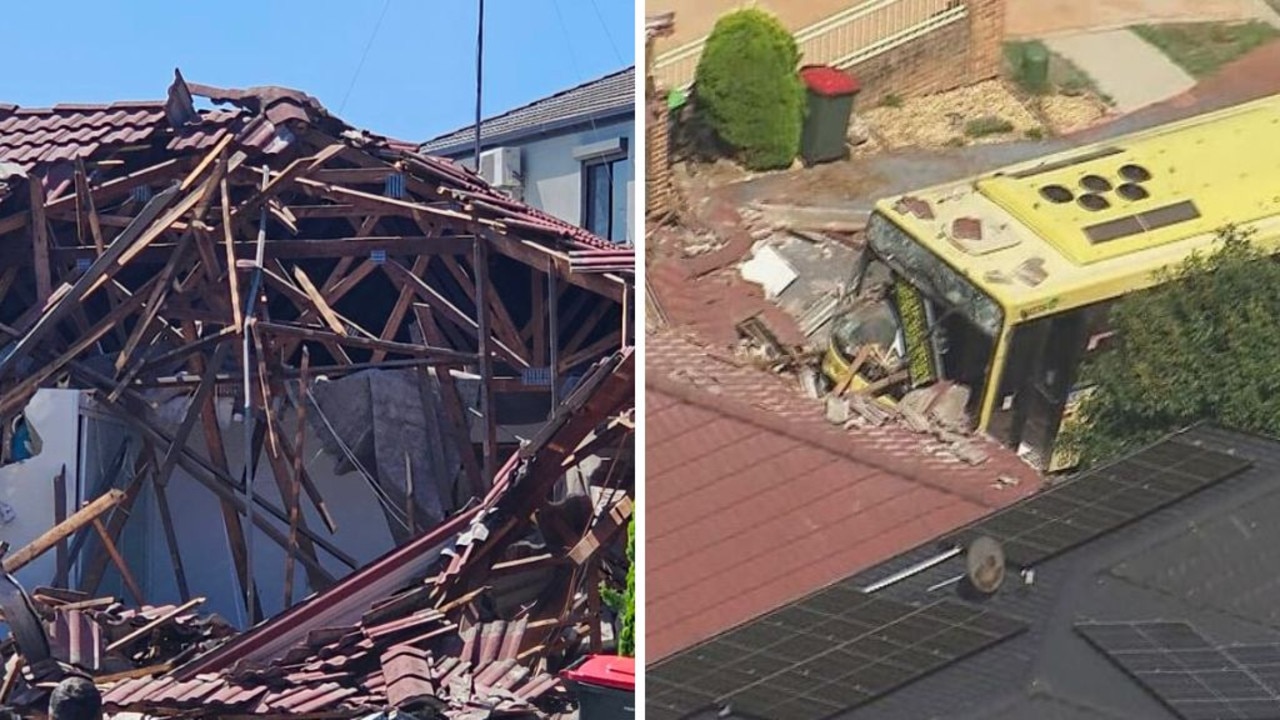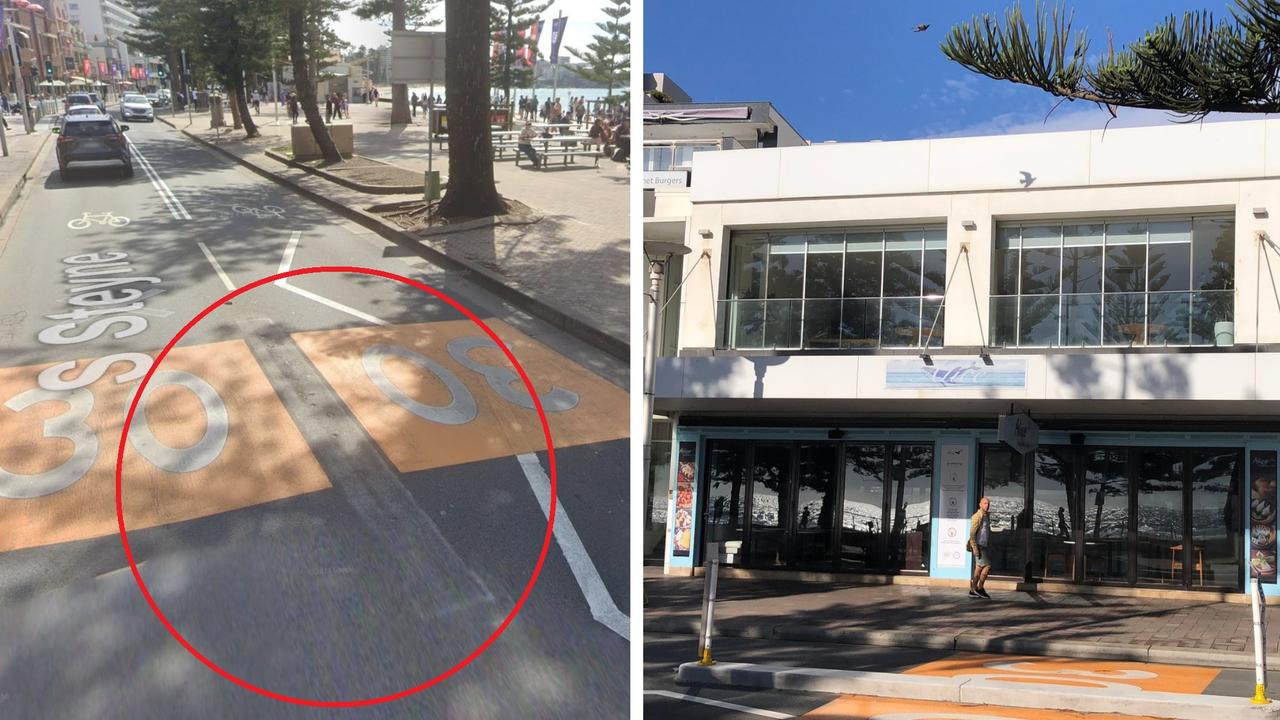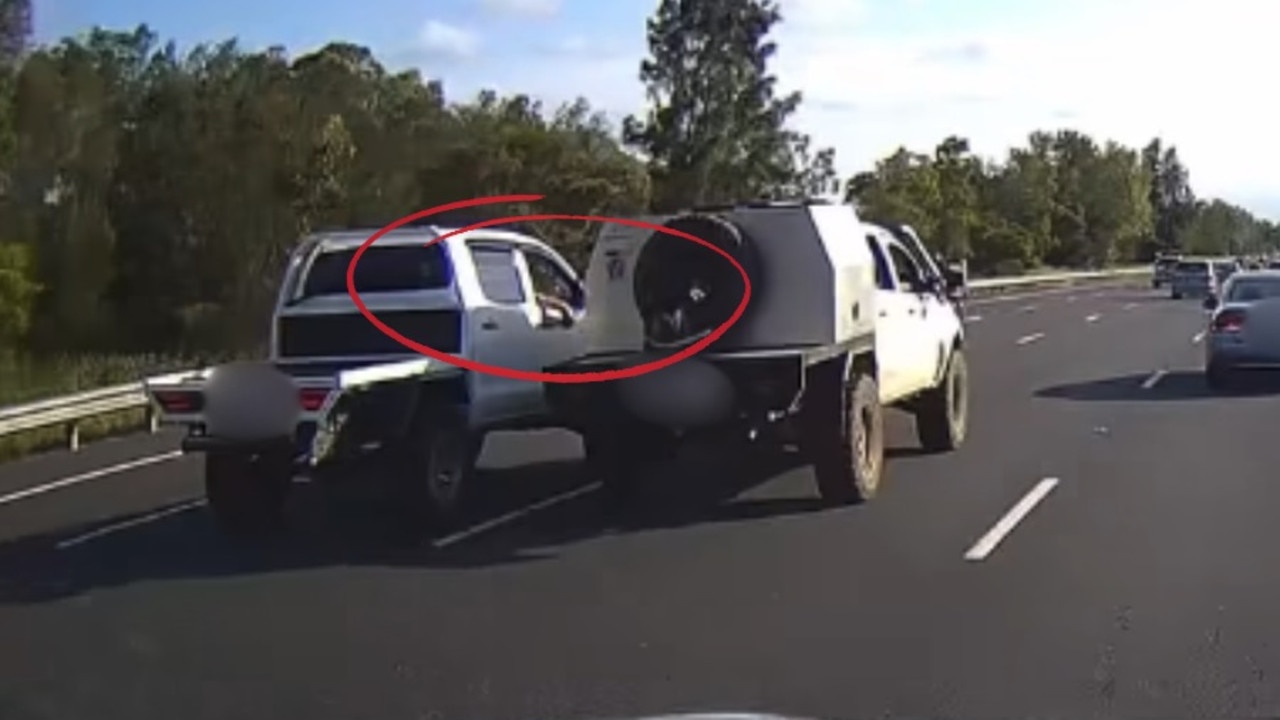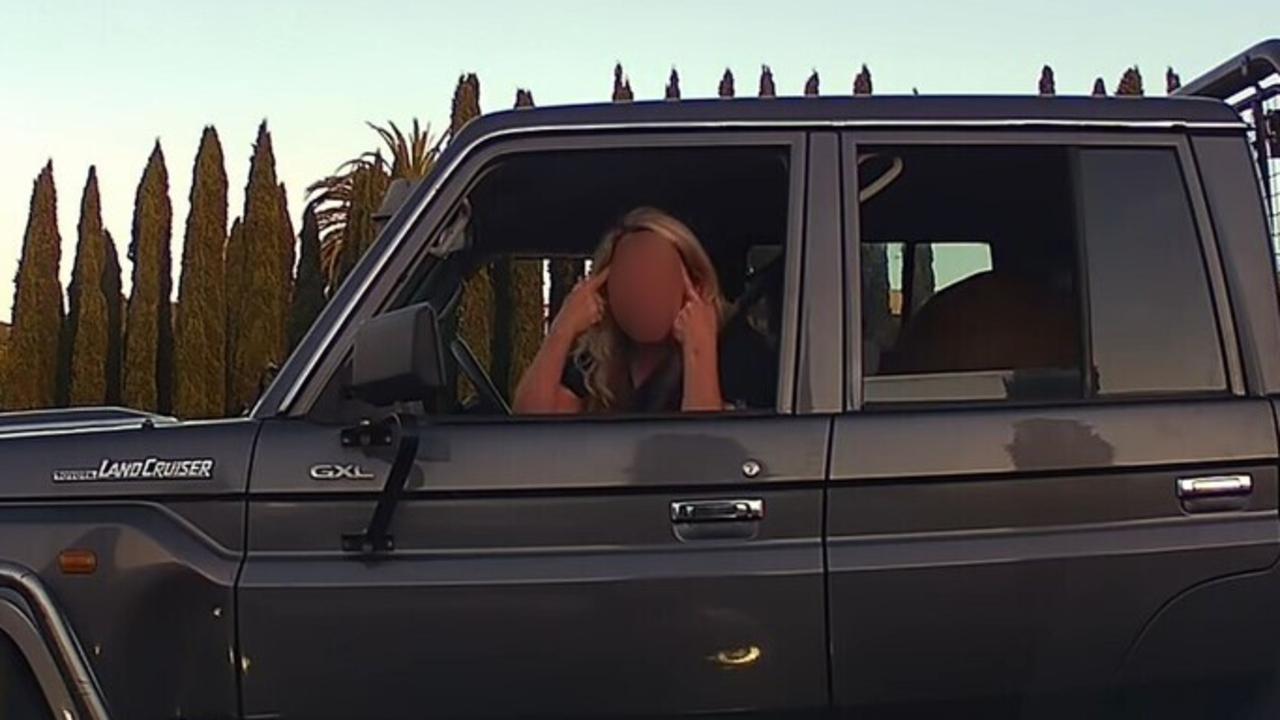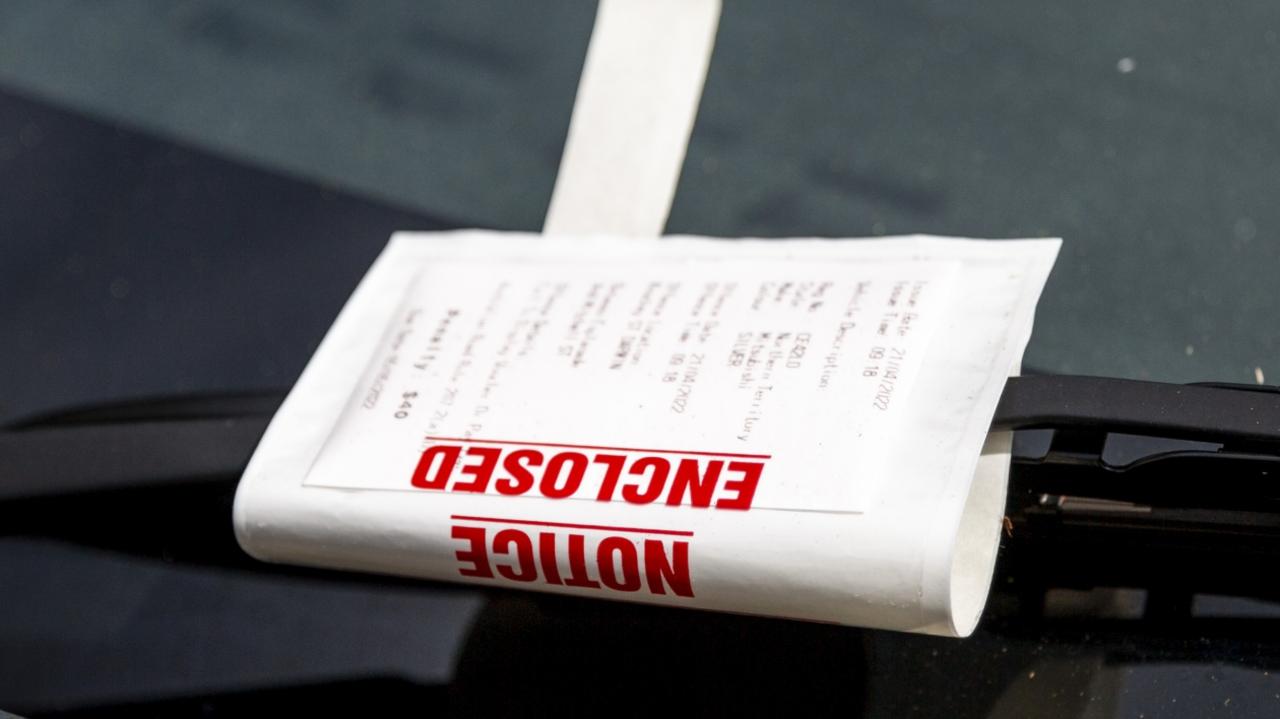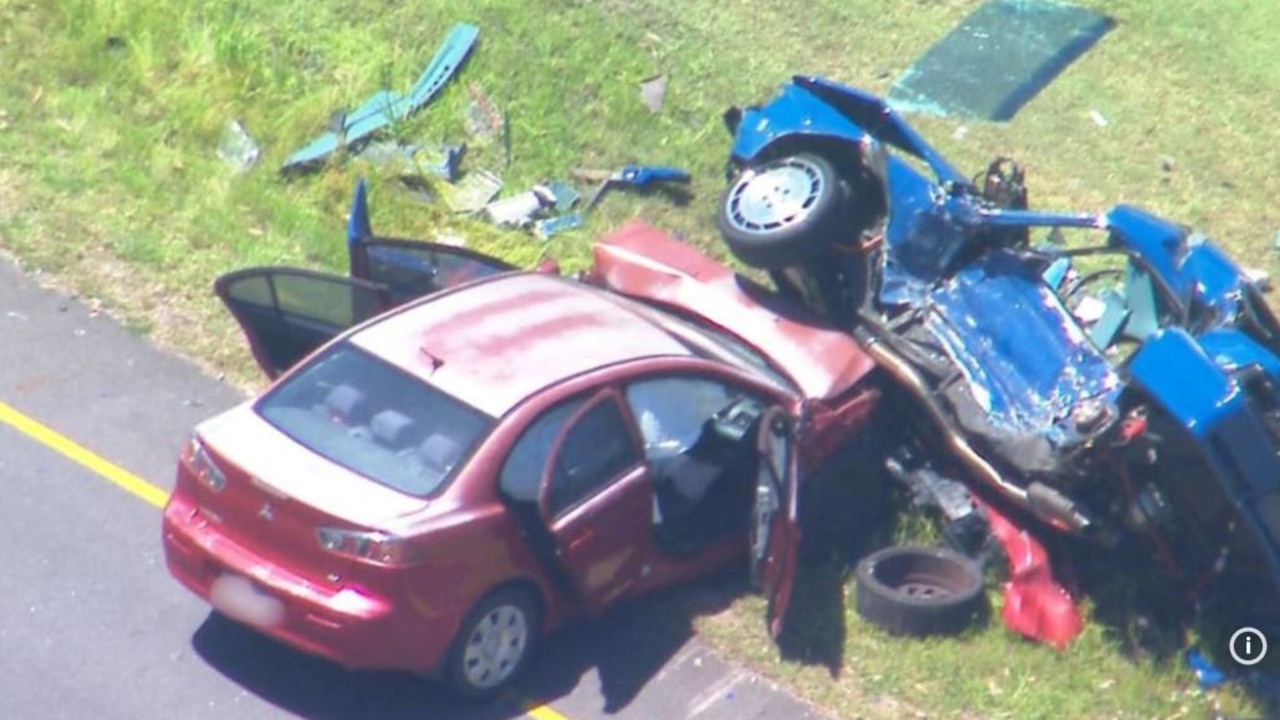Major road rule changes hitting Australian states in 2025
A spate of road rule changes are set to take effect in 2025. Here’s how they will affect you.

On the Road
Don't miss out on the headlines from On the Road. Followed categories will be added to My News.
As the new year approaches, Australian states and territories are gearing up for a raft of road rule changes to take effect in 2025.
From harsher penalties for law-breakers to a reduction in the age requirement for P-platers, here are the biggest changes affecting Aussie drivers.
New South Wales
Current laws for Learner, P1 and P2 license holders dictate mobile phones cannot be used in any form while driving. This includes bluetooth or hands-free functionality even if it’s just for navigational purposes.
However, a bill brought to the house by Libertarian MP John Ruddick, that would see P-plate drivers over the age of 25 afforded the right to use a mobile phone as a navigational aid while secured in a cradle, passed the upper house earlier this year.
Mr Ruddick argued that the stress of driving on Sydney roads without any navigational tools would actually be contributing to the higher road toll.
“New South Wales road network is complex and dangerous and GPS functionality on mobile phone map apps improve safety for everyone on the road, provisional drivers deserve these tools as well,” he said.
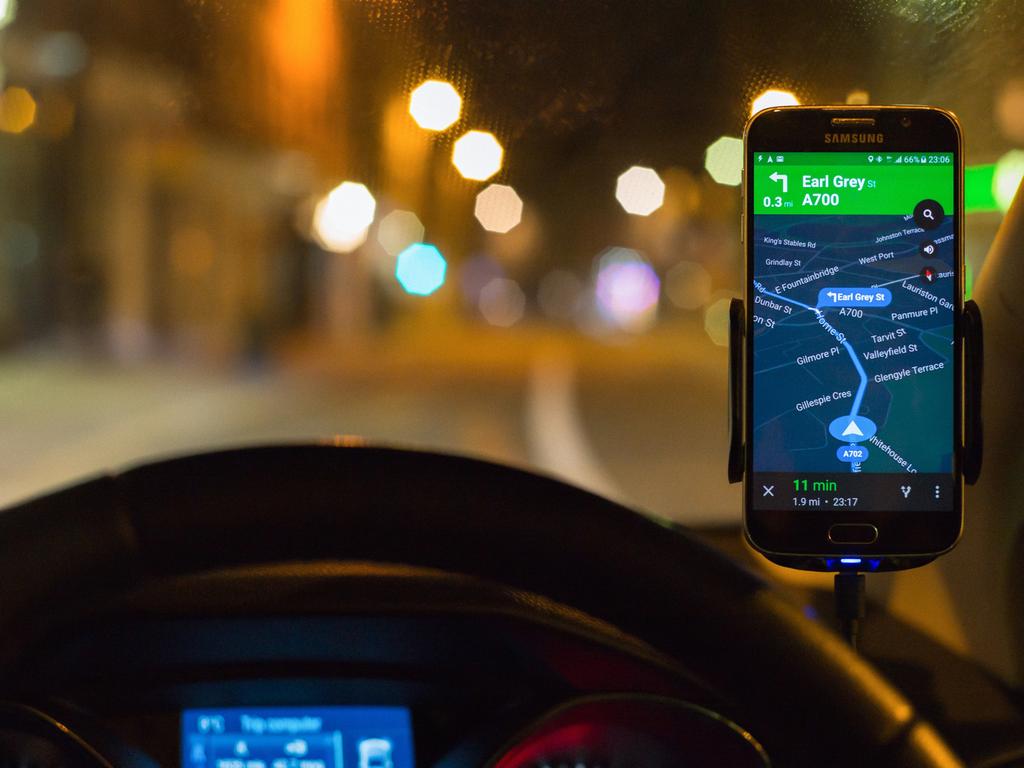
The rule change will run as a 12-month trial, and its permanency will depend on accident rates during the 12-month period.
The second major change for NSW roads is an exemption for Sikhs who wear turbans, who from 2025 could be exempt from the usual requirement to wear helmets while riding electric scooters or bicycles.
Sikhs who are full license holders, under the bill, would also be exempted from wearing helmets while riding motorcycles.
Understandably the change has many opponents and no implementation date has been set as of yet. Principal lawyer at Astor legal, Avinash Singh told Yahoo News that, “there has been criticism of this bill given the obvious safety issues it presents, and that it provides an exemption to Sikhs that others in the community do not have.”
The final change for NSW drivers is the introduction of harsher penalties for reckless driving into floodwaters, as well as a major crackdown on demerit point trading.
MP for Kiama Gareth Ward, moved the private member’s Bill in June of this year, proposing an offence be created for those putting their own or others lives at risk by driving into floodwaters.
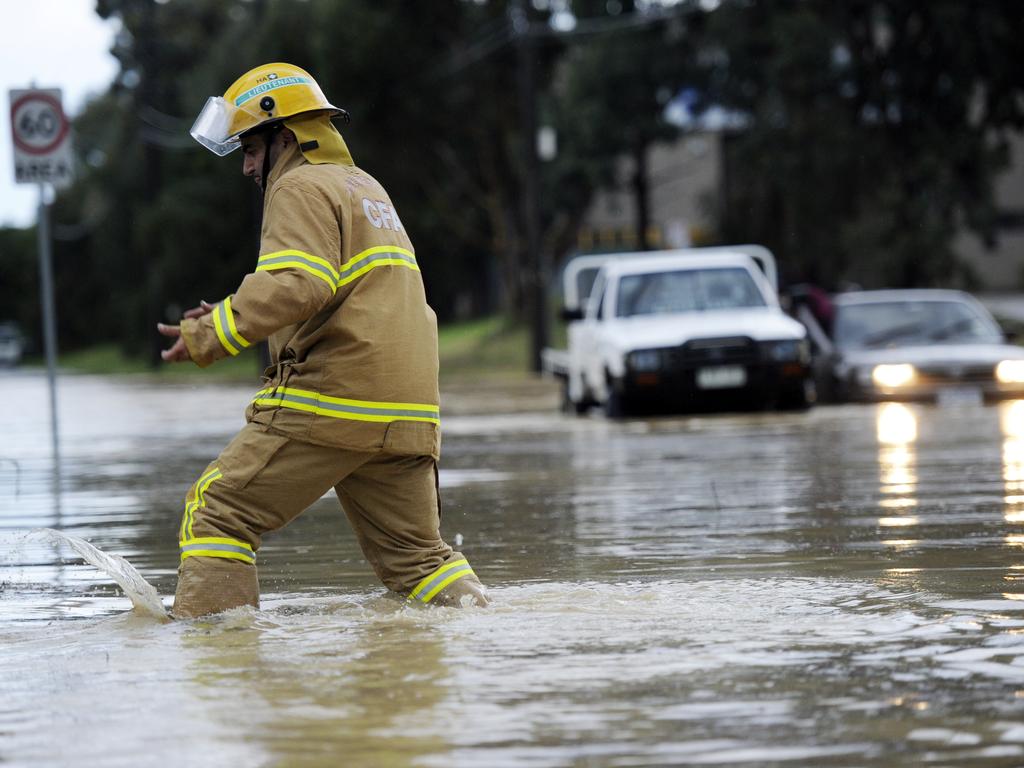
Fines of up to $11,000 would also apply for those engaging in demerit point trading as part of a wider crackdown on the practice.
Victoria
An exciting change for young Victorians could take place in 2025, with a reduction in the minimum age for probationary license holders from 18 to 17. Currently Victoria is the only state in the country that requires P1 drivers to be 18.
The push to get young Victorians on the road earlier is being led by State Nationals MP Gaelle Broad.
“It’s really holding local kids back, by lowering the age to 17 – in line with other states – it gives them the opportunity to explore that apprenticeship or education opportunities or get medical assistance,” she said.

The bill is yet to be introduced to parliament but it is expected to be passed at some point in 2025.
Also affecting Victorian teenagers is the introduction of a drivers’ safety skills and basic vehicle maintenance course for students in Years 10 to 12.
Western Australia
The introduction of the Control of Vehicles (Off-road Areas) Amendment Bill 2024 for West Australian drivers has been smashed by critics for two separate reforms included in the Bill. The first change means off-road vehicle owners will no longer be required to attend a Department of Transport licensing centre to register their vehicle, nor will they have to provide a statutory declaration.
Critics of the reform have major concerns that this may open the floodgates for fraudulent registrations and transfers.
However the WA Cook government maintains that the reform simply “removes this outdated and unnecessary requirement, so ORV owners can register online as soon as the new system is set up.”

The second part of the Bill increases the limit on penalties able to be handed down by courts for existing offences from $1,000 to $5,000. Critics have lashed this part of the reform, suggesting it’s simply a veiled attempt to deter people from contesting road offences.
WA Local Government Minister Hannah Beazley said: “This legislation is another step forward in the Cook Government’s ongoing work to support safe, legal and environmentally conscious off-road vehicle riding.”
Additionally, hundreds of regional roads across Western Australia are set to have their speed limits reduced as part of a 3-year trial introduced by local councils. The Shire of Augusta Margaret River introduced the trial following one of the state’s worst years for road deaths.
The City of Busselton has a scheduled council vote in January to determine whether they will partake in the trial which would see speed limits dropped from 80-110km/h to 70-80km/hr.
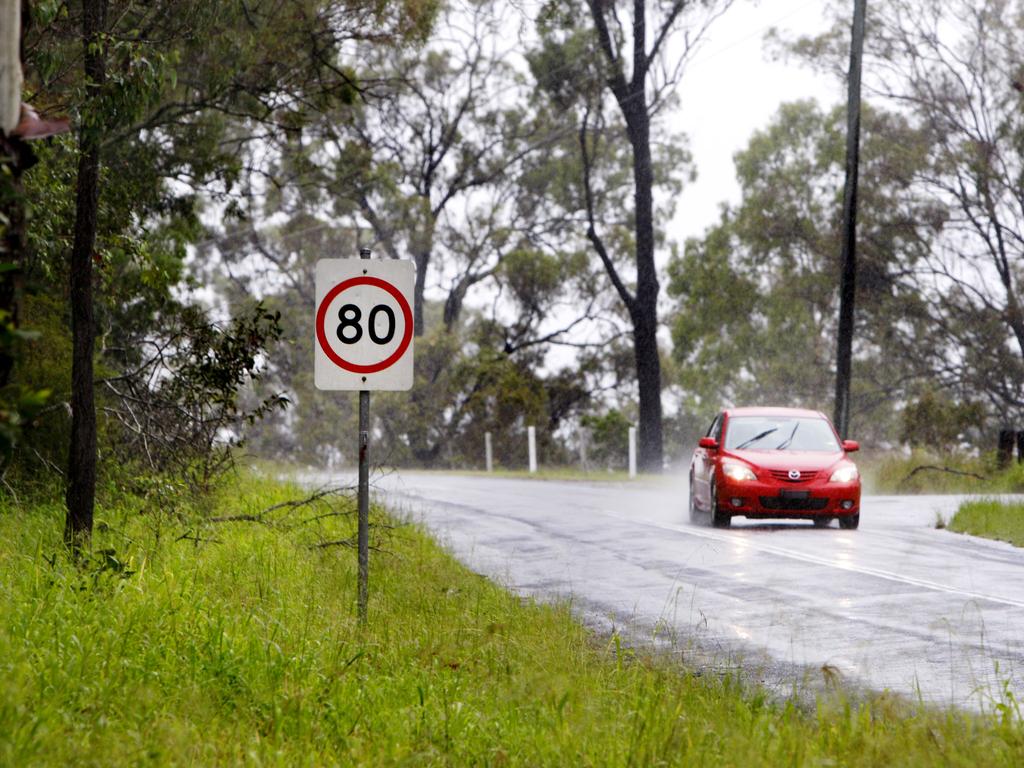
Queensland
The continuation of cost of living relief measures implemented by the former Labor Miles government will continue into 2025, with a 20 per cent discount applied to registration for light vehicles, dealer plates and caravans.
The measure has only been extended for an additional 12 months, with some raising questions regarding the limited duration of the reduction.
South Australia
Privately owned e-scooters and personal mobility devices will be able to be legally ridden on roads with a bill to be introduced in early 2025. Additionally there will be no registration or licensing requirements attached to e-scooter users.
The reforms follow draft legislation released in NSW in October earlier this year which sought to address a regulatory blind spot where e-scooters can be purchased but not ridden on public streets.
Additionally a bill proposed by South Australian independent MP Frank Pangallo would allow courts to impose harsher penalties on those found guilty of committing a drink or drug-driving offence while a child is in the vehicle. The offence would carry up to a three-year prison sentence as opposed to the three month sentence currently handed out to first time offenders.
Originally published as Major road rule changes hitting Australian states in 2025



